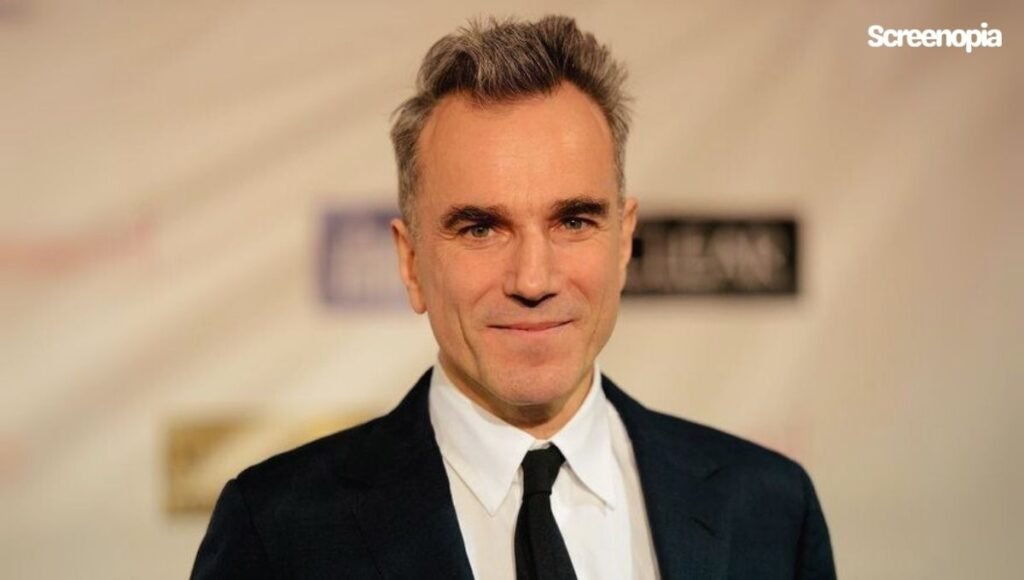When people talk about the finest actors of all time, one name never fails to rise above the rest: Daniel Day-Lewis.
The British-born star has earned a near-mythical status for his ability to vanish completely into roles, embodying historical figures and fictional characters with breathtaking intensity. Despite retiring from acting in 2017, his performances continue to be an unshakable influence in Hollywood and a benchmark for every aspiring performer.
In today’s world, where streaming platforms churn out new films by the dozen, Day-Lewis feels like a relic of another era, an artist who valued quality over quantity. He didn’t just take on scripts; he lived inside them. That rare dedication is what made him one of the most respected actors ever to grace the screen.
The Unmatched Craft of Daniel Day-Lewis
The focus keyword here is: Daniel Day-Lewis. His name itself is synonymous with dedication. Over the years, he became widely known as the ultimate “method actor,” immersing himself in roles for months or even years before filming began. This commitment made his portrayals so authentic that audiences often forgot they were watching an actor.
Take My Left Foot (1989), for example. Day-Lewis portrayed Christy Brown, an Irish writer and painter born with cerebral palsy. To prepare, he spent his entire day in a wheelchair during filming, insisting on being lifted and fed as Brown would have been. The result was a performance that earned him his first Academy Award and pushed him into the global spotlight.
But Day-Lewis wasn’t satisfied with repeating himself. Each new role became a consuming transformation:
- In Gangs of New York (2002), he became the brutal Bill “the Butcher” Cutting, complete with a chilling American accent.
- In There Will Be Blood (2007), his ferocious performance as oilman Daniel Plainview electrified audiences and earned him a second Oscar.
- And in Lincoln (2012), he disappeared so completely into the role of the U.S. president that historians marveled at how lifelike his portrayal felt.
With three Best Actor Oscars, Day-Lewis holds a record few may ever match.
A Career Built on Selectivity
One of the most remarkable aspects of Daniel Day-Lewis’s career is how careful he was about choosing roles. Unlike many actors chasing constant visibility, Day-Lewis built his legacy by working sparingly. Across four decades, he appeared in fewer than 25 feature films.
That scarcity made each performance an event. Viewers went to the theater not just to watch a film but to witness Day-Lewis in action. Every project he touched carried the weight of potential brilliance, which is why directors from Martin Scorsese to Paul Thomas Anderson sought him obsessively.
His choices often leaned toward complex, larger-than-life characters, figures who embodied moral struggle, ambition, and obsession. By stepping into these challenging roles, Day-Lewis set an almost impossible standard for emotional truth on screen.
Walking Away at the Height of His Powers
In 2017, after completing Phantom Thread, Day-Lewis announced his retirement from acting. He gave no elaborate reasons, only expressing a sense of completion with the craft that had consumed most of his adult life.
His departure was met with shock, yet it felt consistent with his character. Day-Lewis has always been elusive, preferring a quiet life away from the spotlight. Unlike many stars who transition to television or stage work, he simply walked away and kept his private world closed to cameras.
Still, his absence only strengthens the legend. Fans and critics regularly speculate whether he might return for one final role, but Day-Lewis himself has remained firm. In many ways, leaving at the top preserved his mystique. He ended his career with a body of work that has no weak spots, a cinematic résumé as close to perfect as one could hope for.
Daniel Day-Lewis Returns in Anemone
He’s back: Daniel Day-Lewis has returned to acting in the first trailer for Anemone.
The Focus Features drama unites him with Sean Bean in a haunting story about two estranged brothers, one a suburban family man, the other a reclusive hermit living deep in the woods of Northern England.
The moody, emotional footage teases a deeply personal exploration of reconciliation and memory, with Day-Lewis once again disappearing completely into an enigmatic role.
Anemone will premiere at the New York Film Festival, running September 26 through October 13, marking the official end of the actor’s eight-year retirement.
For fans who grew up remembering the vigor of The Last of the Mohicans, the ferocity of Gangs of New York, or the quiet authority of Lincoln, this comeback is more than just another film release; it feels like a cinematic event.
The Legacy of Daniel Day-Lewis
Daniel Day-Lewis is widely regarded as the greatest living actor, known for his dedication, selective roles, and unforgettable performances. He remains a touchstone for younger actors, film schools, and directors searching for authenticity.
Though his extreme method of acting divides opinion, the results are undeniable. With Anemone, his legend only deepens, proving once again that when Day-Lewis returns, he redefines what acting can be.
Final Thoughts
Daniel Day-Lewis may have lived quietly outside the spotlight for years, but his work never left the collective imagination. Now, with Anemone, he has stepped back into the cinematic arena, ready once more to show why his artistry is unmatched.
From The Last of the Mohicans to There Will Be Blood and now Anemone, his journey proves that when Daniel Day-Lewis chooses to act, the world stops and pays attention.
That’s the mark of a true legend.



